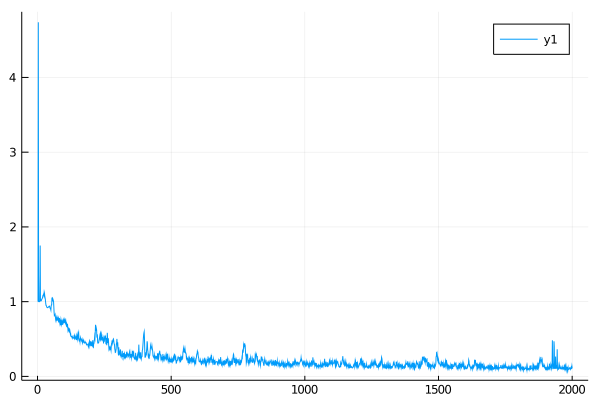Accelerated MRI with Un-trained Neural Networks
Convolutional Neural Networks (CNNs) are highly effective for image reconstruction problems. Typically, CNNs are trained on large amounts of training images. Recently, however, un-trained CNNs such as the Deep Image Prior and Deep Decoder have achieved excellent performance for image reconstruction problems such as denoising and inpainting, \emph{without using any training data}. Motivated by this development, we address the reconstruction problem arising in accelerated MRI with un-trained neural networks. We propose a highly optimized un-trained recovery approach based on a variation of the Deep Decoder and show that it significantly outperforms other un-trained methods, in particular sparsity-based classical compressed sensing methods and naive applications of un-trained neural networks. We also compare performance (both in terms of reconstruction accuracy and computational cost) in an ideal setup for trained methods, specifically on the fastMRI dataset, where the training and test data come from the same distribution. We find that our un-trained algorithm achieves similar performance to a baseline trained neural network, but a state-of-the-art trained network outperforms the un-trained one. Finally, we perform a comparison on a non-ideal setup where the train and test distributions are slightly different, and find that our un-trained method achieves similar performance to a state-of-the-art accelerated MRI reconstruction method.
PDF Abstract






 fastMRI
fastMRI